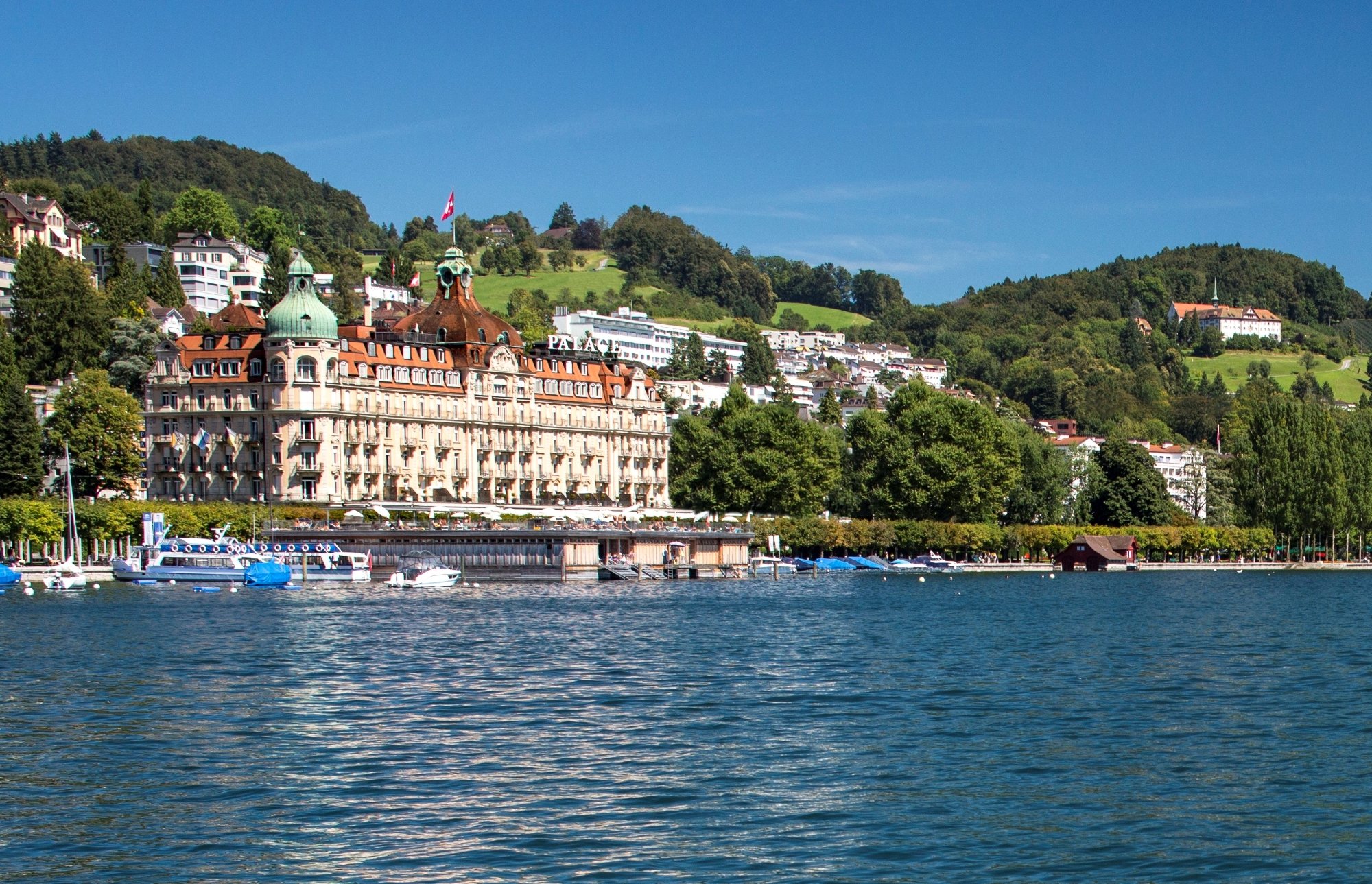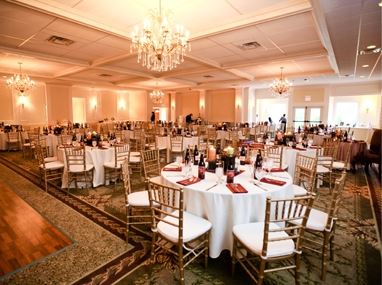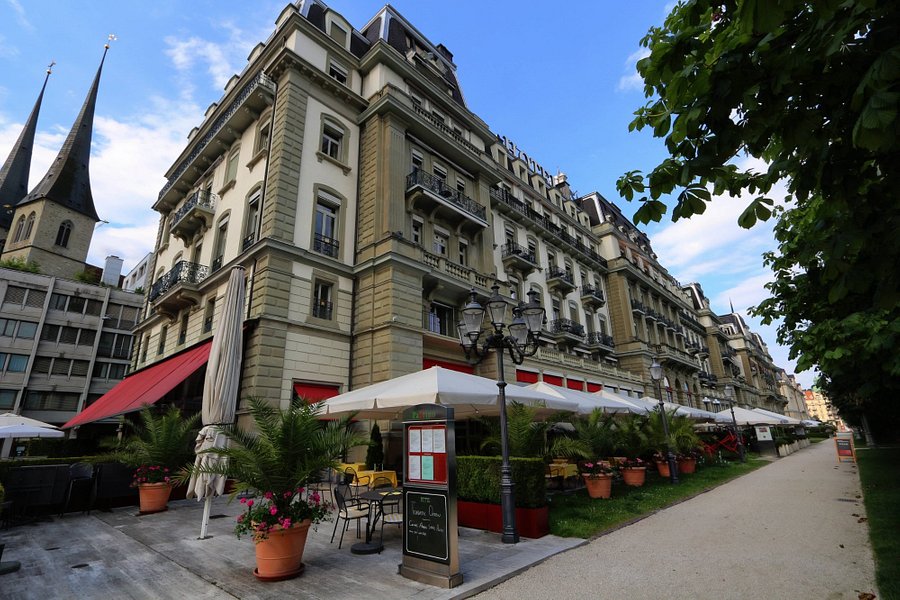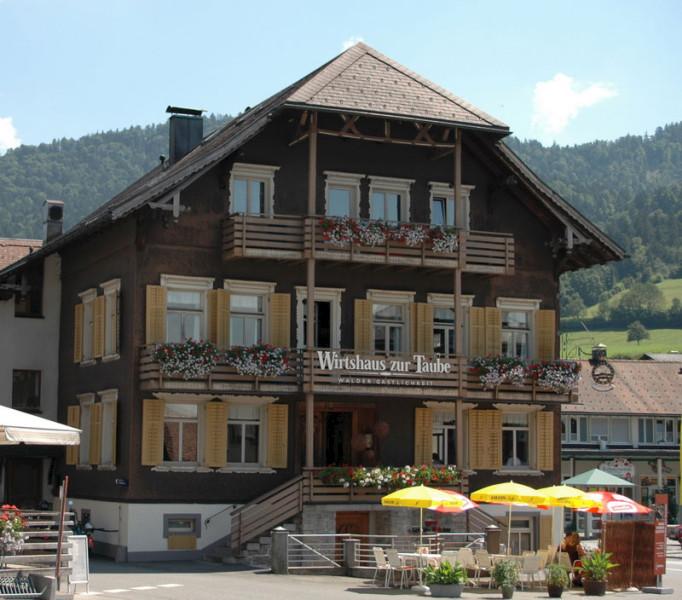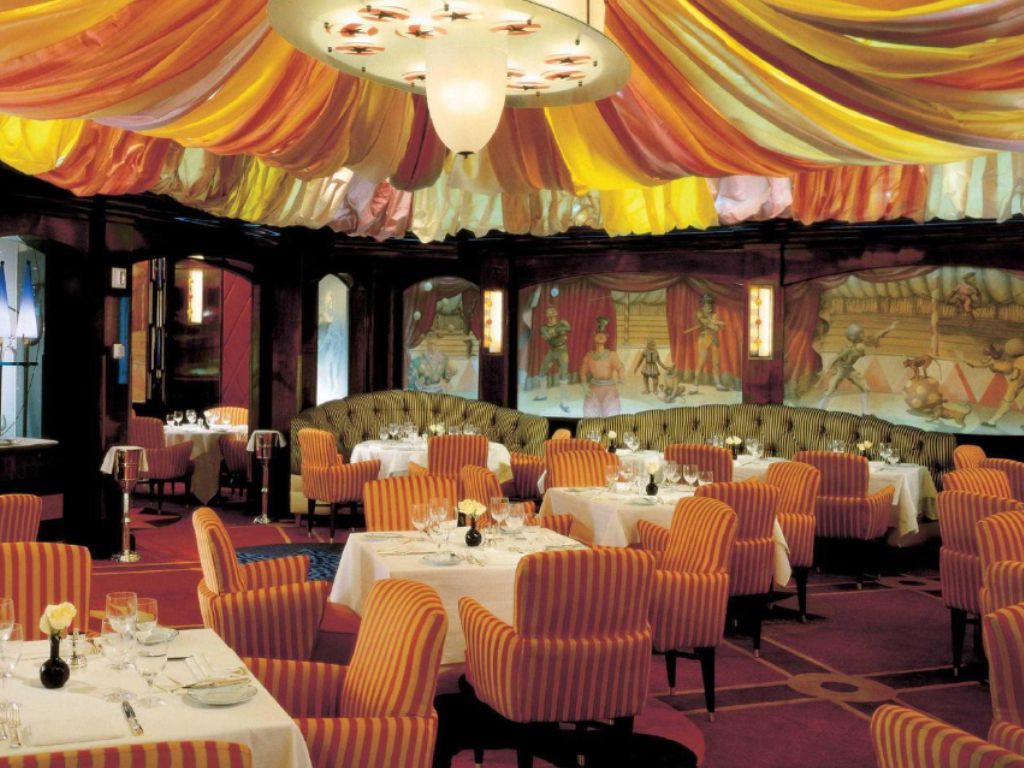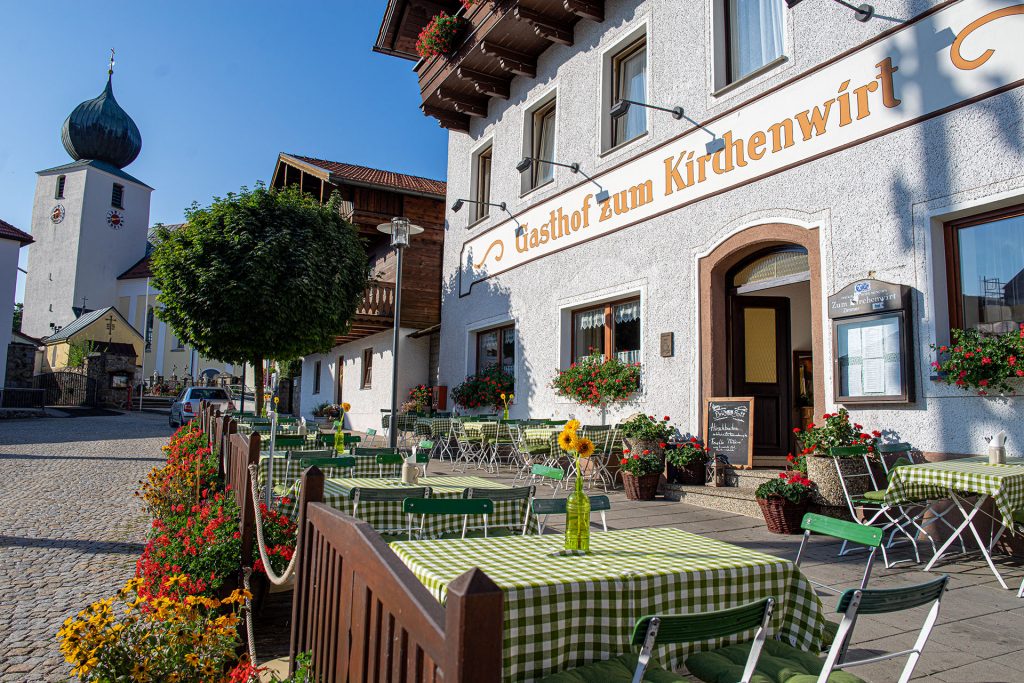Entry Into Confederation
CAPITAL AND LARGEST CITY
Lucerne
AREA
37.4 km2
POPULATION (2019)
81,691
official language
German


Popular
Information about the canton's tourist attractions, including popular destinations, events, and activities.
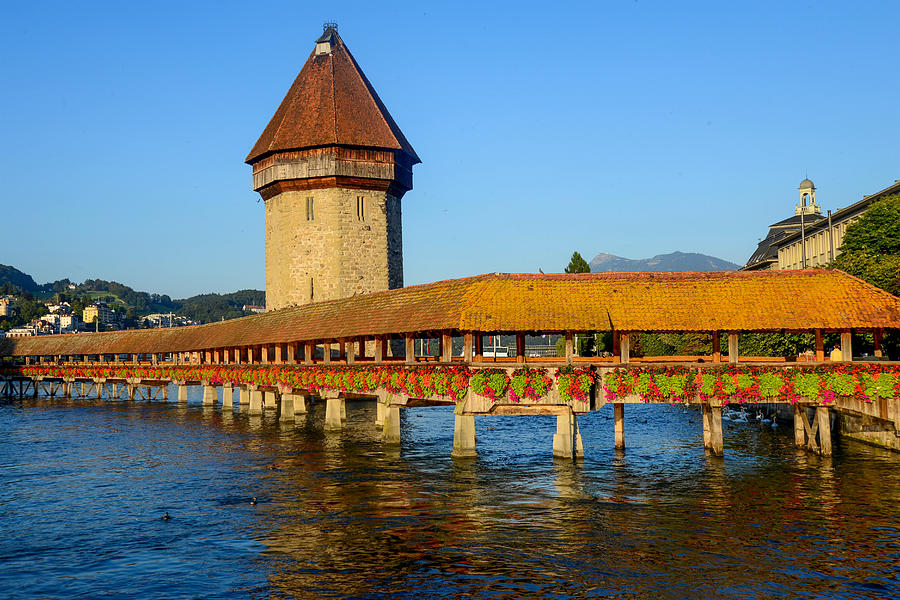
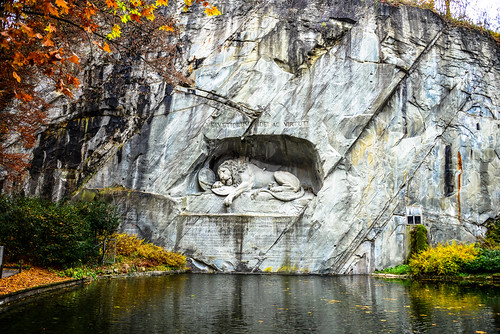
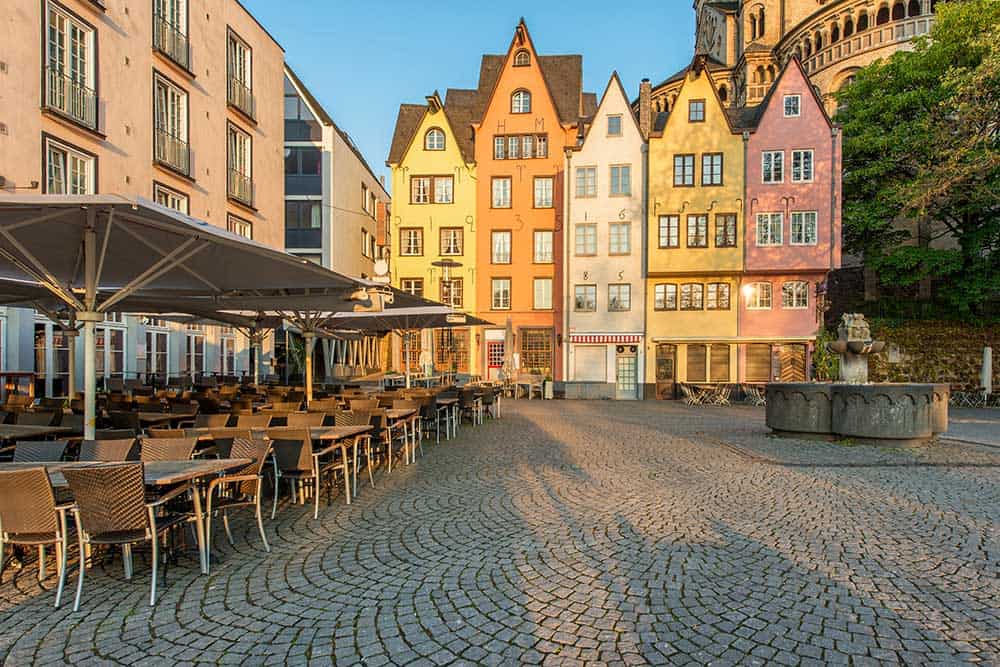
Political
Lucerne is a city in central Switzerland and is the capital of the canton of Lucerne. The city's economy is diverse and includes industries such as tourism, retail, manufacturing, and finance. The picturesque scenery of Lucerne and its location at the foot of the Swiss Alps makes it a popular tourist destination, attracting millions of visitors every year. The city is home to many historic landmarks, including the Chapel Bridge and the Water Tower, which are two of its most famous attractions.
The government of Lucerne is a representative democracy with a mayor as the head of the executive branch. The city council is the legislative branch and is made up of elected representatives from various political parties. The city operates under a system of federalism, which means that it has autonomy to make decisions regarding its own affairs while still being subject to the laws and regulations of the Swiss federal government.
In terms of finance, Lucerne is a well-developed city with a strong economy. The city's banking sector is particularly robust, and it is home to several large financial institutions. Additionally, the city's transportation infrastructure is well-developed, making it an attractive location for businesses looking to establish a presence in Switzerland.
Overall, the economy and government of Lucerne are both well-established and contribute to the city's continued growth and prosperity.
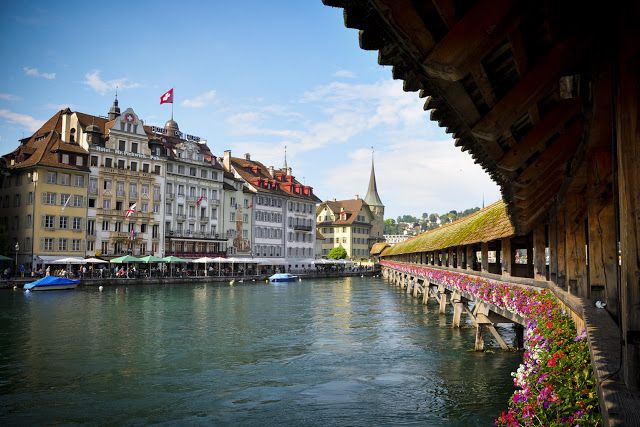
History
Lucerne is a city located in central Switzerland that has a rich history and culture. Its history dates back to the Roman Empire, when a military settlement was established in the area. Over time, Lucerne evolved into a bustling trade center and eventually became a city in the 13th century.
Throughout its history, Lucerne has been shaped by its location at the crossroads of major trade routes, as well as its political and economic ties to the Swiss Confederation. The city has played a significant role in Swiss history, and was the site of several important events, including the signing of the Federal Charter in 1291, which is considered to be the founding document of Switzerland.
In terms of culture, Lucerne is known for its rich artistic heritage, and is home to several museums and galleries showcasing works by local artists. The city is also famous for its music scene, and is home to the Lucerne Festival, an annual event that attracts world-renowned musicians and composers. Additionally, the city is home to several festivals and events that celebrate its history and cultural heritage, including the Lucerne Carnival, which is one of the largest and most famous carnivals in Switzerland.
Overall, the history and culture of Lucerne are interwoven, and have played a significant role in shaping the city into what it is today. These elements continue to play a central role in the city's cultural identity, and are enjoyed by both locals and visitors alike.
